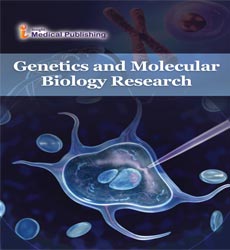Identification & Characterization of Pseudomonas aeruginosa Species from Different Human Samples
Abstract
Pseudomonas aeruginosa is one of the most widespread gram negative microorganisms identified in the clinical samples and one of the most common causes of nosocomial infection. This was a cross sectional study done among the patients attending Bangladesh Institute of Health Sciences Hospital during July 2017 to August 2018. The present study was aimed to analyze the P.aeruginosa from different samples. A total 3062 clinical specimens including urine (n=2116), pus (n=455), wound swab (n=309), & sputum (185) were collected from 3062 patients. Among them 218 strains of P.aeruginosa were isolated. Were 78(35.8%) from Indoor patients & 140(64.2%) from outdoor patients. 149(68.3%) of the P.aeruginosa were found in the males and 69(31.7%) from females. Majority of the patients 188(86.2%) were aged between above 30 to 35 years. For this investigation an array of Morphological test, Biochemical test & Sensitivity tests were performed to isolate the bacteria. Antimicrobial sensitivity pattern was done using standard guidelines. Among the samples 17(0.80%) P.aeruginosa were identified from urine samples, 88(19.3%) from pus sample, 94 (30.7%) from wound sample & 19 (10.3%) sputum. The highest no of P.aeruginosa found in wound sample 94(30.7%) Most of the P.aeruginosa was resistant to Ciprofloxacin (84.1%) Nalidixic Acid (86.4%), Aztreonam (100%), Ceftazidime (95.7%), Ceftriaxone (97.8%) Cefixime (100%) &. Doxycyllin(92.6%) Most sensitive Colistin (94.3%) , Meropenem (46.6%), Imepenem (42%) Tigecycline (76.1%)
Open Access Journals
- Aquaculture & Veterinary Science
- Chemistry & Chemical Sciences
- Clinical Sciences
- Engineering
- General Science
- Genetics & Molecular Biology
- Health Care & Nursing
- Immunology & Microbiology
- Materials Science
- Mathematics & Physics
- Medical Sciences
- Neurology & Psychiatry
- Oncology & Cancer Science
- Pharmaceutical Sciences
